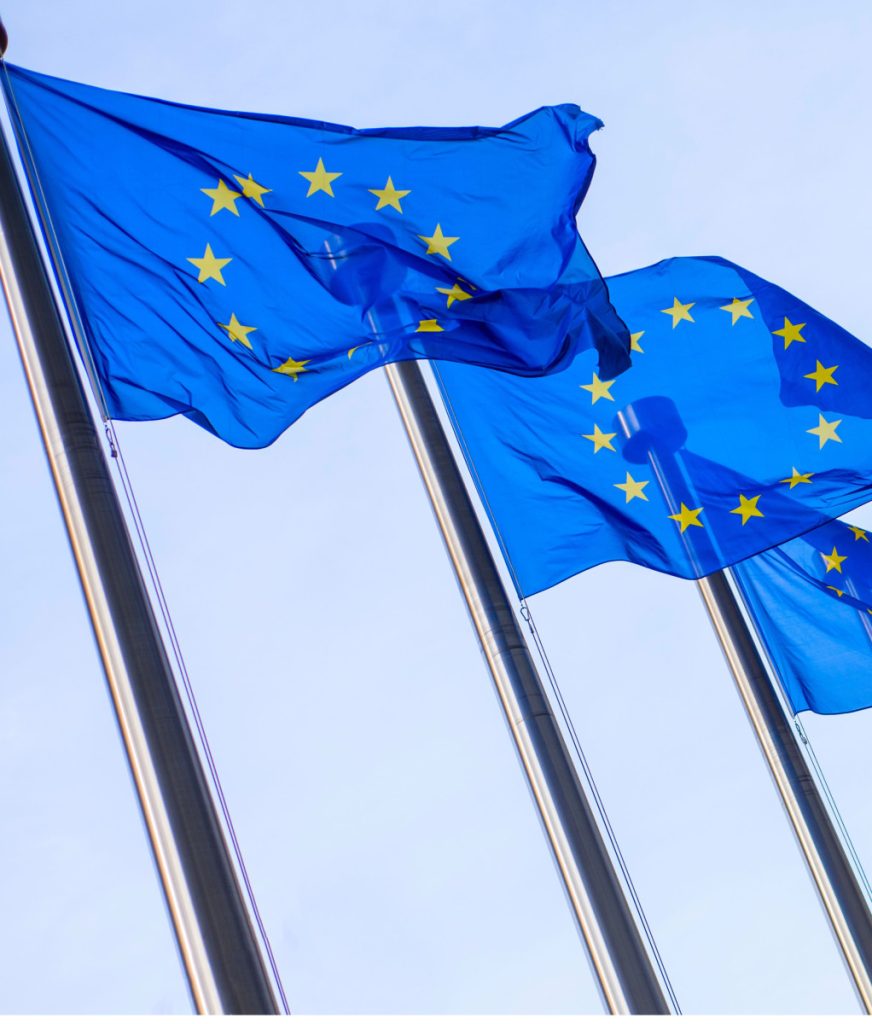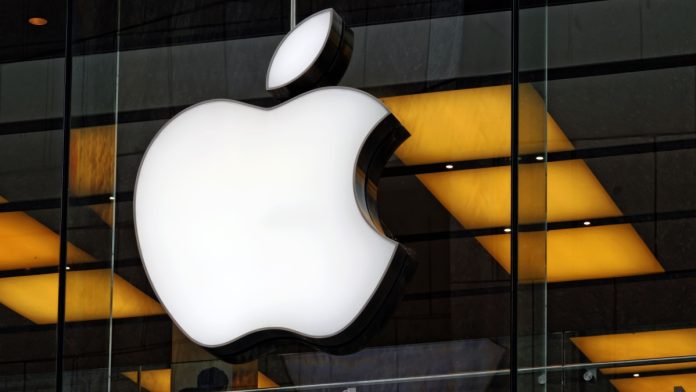The European Union’s (EU) legal clash with Apple is set to culminate in a hefty fine for the Silicon Valley giant, in a development which could have big implications for Big Tech’s international commercial dominance.
According to FT, which cited five people ‘with direct knowledge of the long-running investigation’, the EU is due to announce a €500m fine against Apple for violations of its antitrust and anti-competitive laws.

The paper’s sources added that the EU is targeting Apple due to ‘uncompetitive trading conditions’, particularly regarding its policies around music streaming. The Silicon Valley giant is accused of using its own platform to limit users’ exposure to rival music streaming apps.
Specifically, Apple has been accused of blocking apps from informing iPhone users of cheaper subscription-based music streaming services outside the App Store, effectively giving most exposure to its own in-house Apple Music platform.
This was the subject of a complaint by Swedish multinational music streaming app Spotify back in 2019, and the case was subsequently taken up by the European Commission, the EU’s executive body.
Should the FT’s sources be accurate, the €500m fine will mark a significant moment in how regulator’s interact with Big Tech, at a time when the commercial and developmental power of said firms is falling under increasing scrutiny.
In addition to facing a hefty penalty, Apple – which recorded revenue in excess of $83bn in 2023 – will also be banned from blocking music services from letting users outside the Apple Store from using cheaper platforms than Apple Music, according to FT.
The court case between the EU and Apple has seen the trade bloc limit some of its charges over the years, with the most notable one dropped being an accusation that the firm was pushing developments into using its in-house payments platform.
This is where the story’s implications for payments begin to become more clear and obvious, although the ramifications for the wider fintech sector could be much bigger, as will be outlined later.
Regarding payments, Apple had been the subject of a separate antitrust case which concluded with the company reaching an agreement with the EU to open up its contactless tap-to-pay function on the iOS operating platform.
This payments service is enabled by the company’s NFC chip technology, which can now be leveraged by mobile wallet and payment service providers (PSPs).
Apple’s decision to open up the tech to a wider business user base helped the company avoid what could have been another apple of discord with the EC.
So what does this mean for tech – and by extension fintech – in general? Simply, the case shows that international policymakers such as the EU are taking Big Tech’s dominance across multiple markets and sectors rather seriously.
Policymakers, legislators and regulators have been becoming increasingly concerned that Big Tech firms such as Apple, Amazon and Google, among others, have cultivated distinct competitive advantages over smaller companies.
Whether or not these firms have been breaching antitrust and anti-competitive laws to ensure this position is maintained has become a key area of interest for financial regulators.
For example, the UK’s Financial Conduct Authority (FCA) launched a consultation last year to assess whether ‘data asymmetry’ between Big Tech and smaller firms has assisted the former with gaining a significant advantage.
However, other financial stakeholders have observed that Big Tech is a major driving force in pushing forward innovation in financial services and payments, as NatWest explained to Payment Expert back in December.
What can be expected is that legal challenges between national and multinational regulators and Big Tech will likely continue until an effective balance can be found.
With a range of countries both in and out of the EU – such as the UK as an example of the latter – looking to grow their fintech sectors as a key segment of the national economy, legal proceedings will take on heavier political and economic importance.



















